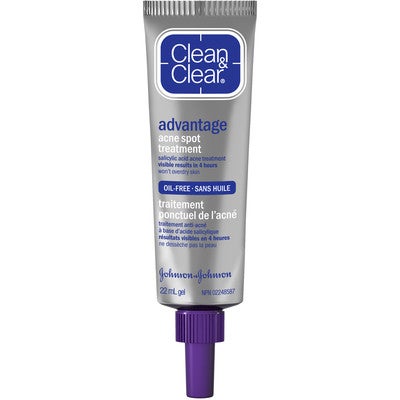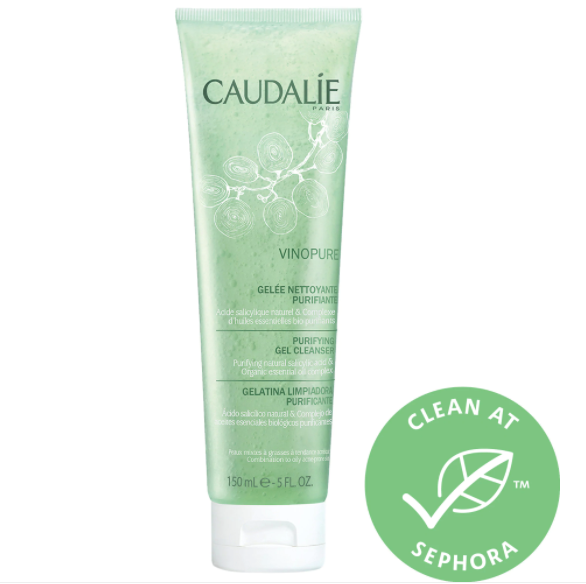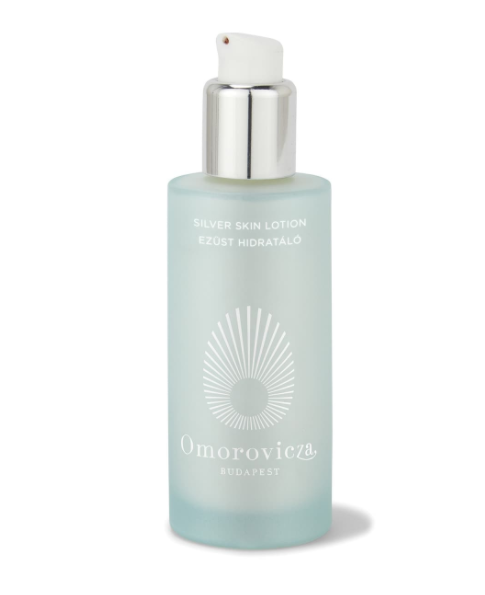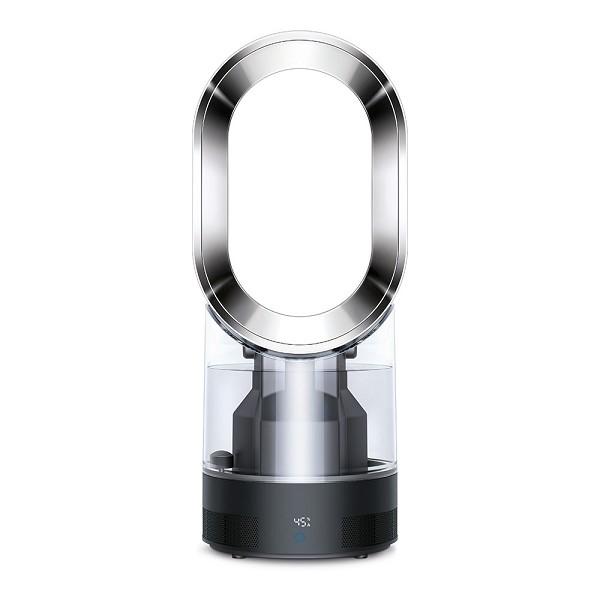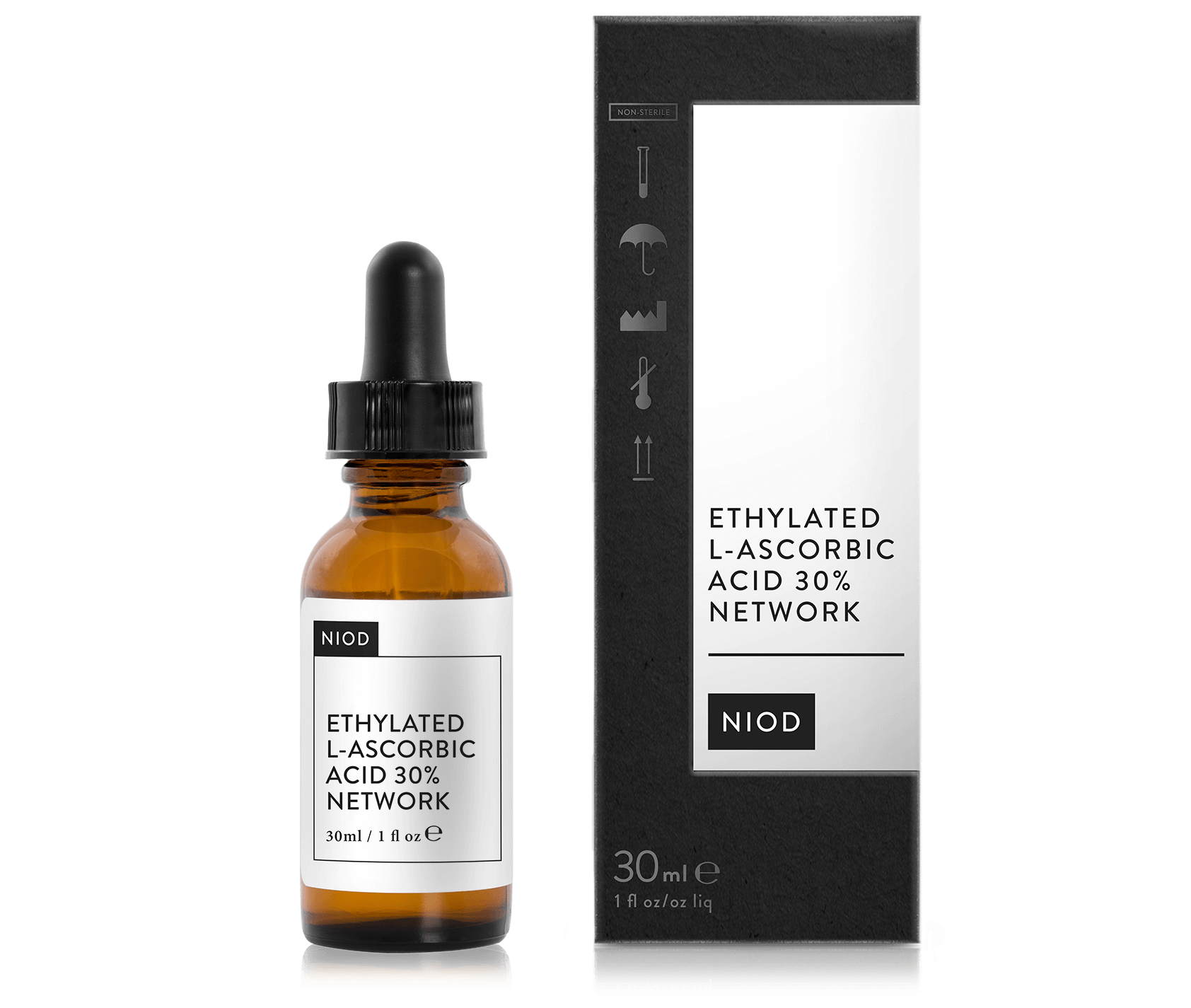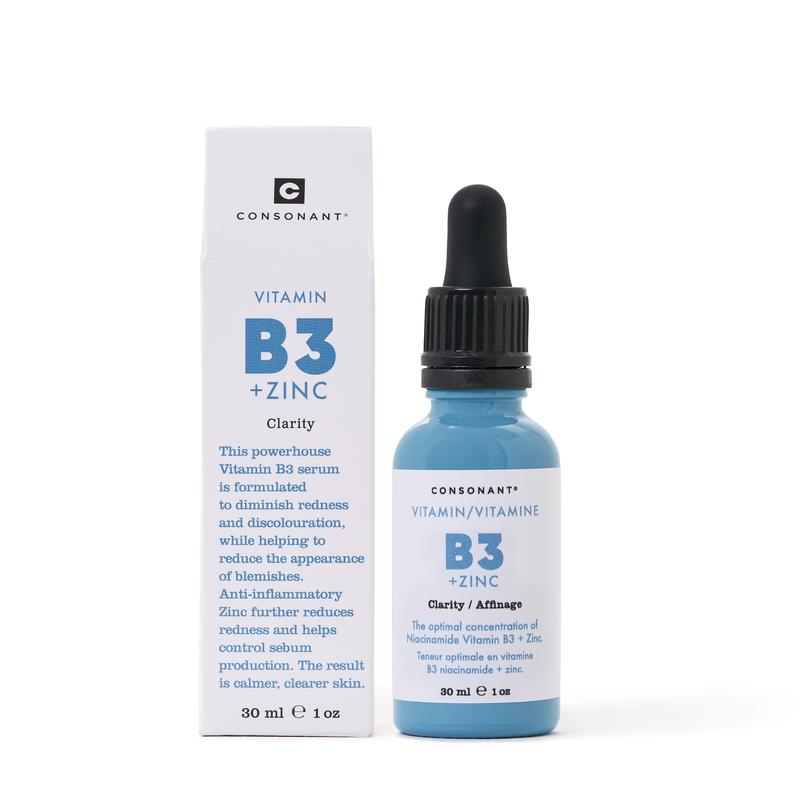Unprecedented. Unpredictable. Completely chaotic. An accurate portrayal of our current state of affairs, yes, but honestly, very relevant to my in-quarantine skin situation, too. I’ve shunned my makeup bag entirely, amped up my evening skincare regimen to include a firming overnight mask, and taken up facial acupressure in my spare time (YouTube is a truly enlightening place), and still, my face is more patchy and dry, and duller than usual.
I'm not the only one wrestling with unruly skin in self-isolation: A new Reddit thread in r/SkincareAddiction is dedicated to airing skin grievances from those experiencing a host of afflictions in quarantine. “My skin is getting worse. Red spots, small pimples, bad texture,” one of more than 75 commenters shared. Another user, who said she hasn’t had a zit in six months, is now dealing with an out-of-the-blue breakout. The forum’s list of newfound skin conditions is endless: eczema, ruddy texture, dryness.
AdvertisementADVERTISEMENT
You would think that this forced hiatus from all the skin-damaging evils of the outdoor world (Pollution! Sun!) would do our skin some good. Plus, we arguably have more time than ever to take care of our skin. So, what gives? “Things are just off right now — we’re not eating the same or exercising the same. We’re out of our normal routines and all of that can have an influence on our skin,” says Dr. Katie Beleznay, a Vancouver-based dermatologist and clinical instructor at the University of British Columbia. Though there are a myriad of non-quarantine reasons why your face might be stressing (hormones, seasonal shifts, etc.), this special combination of abrupt mental, physical, and environmental changes may be to blame, she adds.
We asked the pros to decode our sudden skin complaints, all the in-isolation factors at play, plus how to get a handle on it inside your own four walls.
If Your Skin Is Breaking Out
While 20 to 30% of adults deal with acne, according to the Canadian Dermatology Association, if you’re experiencing unusual or heightened breakouts in self-isolation, it may be time to take a critical look at your skincare routine — especially if you happen to have, ahem, put your more-thorough cleansing methods on the backburner (because quarantine life). Stress, and the ways we cope with it, can also affect skin. When we’re anxious, the body ramps up the production of cortisol, which causes inflammation and can also result in an increase of oil production in the sebaceous glands. Stress-eating your way through this pandemic (while understandable) doesn’t help either. “There’s some data that suggests high glycemic-index foods like sugary carbs as well as dairy, in particular skim milk, can exacerbate acne,” says Beleznay.
AdvertisementADVERTISEMENT
Get back to basics, suggests Dr. Julia Carroll, dermatologist at Toronto-based Compass Dermatology. If your skin is on the oily side, cleanse the face twice a day with a formula that contains salicylic acid to help dissolve the grime that clogs up your pores. Follow it with a non-comedogenic hydrating cream containing sunscreen for the a.m. and one with moisture-boosting hyaluronic acid for the evening. A drying spot treatment might also be helpful, too: Dr Carroll suggests using it on areas that you’re prone to acne even if there’s no visible breakout, so that you’re always working in preventative measures. Finally, be mindful of touching your face (which shouldn’t be hard given the health professionals’ firm suggestion not to do so.)
If Your Skin Looks Dull
Where did your glow go? Of course, not being able to book into a flush-inducing spin class probably isn’t helping, but our new, temperature-controlled environments without elements like the wind, which can naturally slough away dead skin on a microscopic level, also plays a role, says Dr. Carroll. Using a mild chemical exfoliant (alpha- and beta-hydroxy acids — like lactic, citric, glycolic, salicylic, etc. which encourage cell turnover) or physical exfoliant (face scrubs; just make sure they don't cause micro tears in skin) one to three times a week can help.
Dr. Naissan Wesley, a cosmetic and surgical dermatologist in Los Angeles, says, if you aren’t already, now might be a good time to try out a more intensive skin-brightening treatment, like collagen-generating retinol, hyperpigmentation-nixing vitamin C or higher-concentration AHAs, not all at once though, please and thank you. All this downtime — and lack of facetime, except for those fuzzy Zoom meetings — means you can go through the initial growing pains (read: irritation and redness, which can last up to a month, depending on the product) without an audience.
AdvertisementADVERTISEMENT
If you’re unsure what products to use, ask your derm what she recommends. While most offices are obviously closed at the moment, many are offering virtual visits to help address needs during this period, says Dr. Wesley. Some health-care apps also have dermatologists on standby to help with skin needs.
If Your Skin Feels More Dry
Hands up if your wine nights have migrated from a weekend-only activity to a way to pass the never-ending time (no judgment). Turns out that happy-hour-starts-whenever attitude is likely playing a part in your ultra-parched skin. Straight up, “alcohol is a toxin to the body,” says Dr. Carroll. Aside from potential hangovers, skin side effects include dehydration (the lack of water, not oil, in skin), but also inflammation (hello, puffiness), and dilated blood vessels.
Besides minding your intake, look for serums and moisturizers that contain antioxidants, which fight free radical damage (free radicals are atoms that can accelerate aging). Hot, dry environmental conditions might also be to blame for your arid skin, especially since, even though it's spring, winter weather is hanging on, which necessitates a turned-up thermostat. You might want to consider investing in a humidifier, says Dr. Wesley, to amp up the indoor hydration further.
If Your Skin Is Experiencing Redness
If you aren't normally prone to redness or rosacea, the same worries contributing to that breakout on your forehead could also be causing blotchy skin. “Stress lowers portions of our immune system, which can lead to inflammation and hormone shifts,” says Dr. Wesley. (She also warns that prolonged periods of this kind of inflammation can lead to the degradation of our skin’s collagen supplies — yikes.) But given the daily onslaught of distressing news, chilling out is a lot easier said than done these days. The derms’ best advice? Look for a moisturizer that contains niacinamide (also known as vitamin B3), which boasts anti-inflammatory properties and bolsters the skin’s protective barrier.
AdvertisementADVERTISEMENT
And try not to go overboard with the new product pile-on because every day feels like face-mask Monday. Experimenting with new products without caution can cause its own red, irritated results. Find a products that’s suited to your skin’s needs in the moment (like a clay mask for a breakout) and test it on a small area first, or use for less time than recommended, to be sure your skin can tolerate it.
At Refinery29, we’re here to help you navigate this overwhelming world of stuff. All of our market picks are independently selected and curated by the editorial team. If you buy something we link to on our site, Refinery29 may earn commission.
AdvertisementADVERTISEMENT







